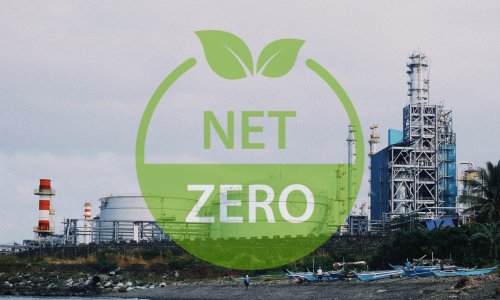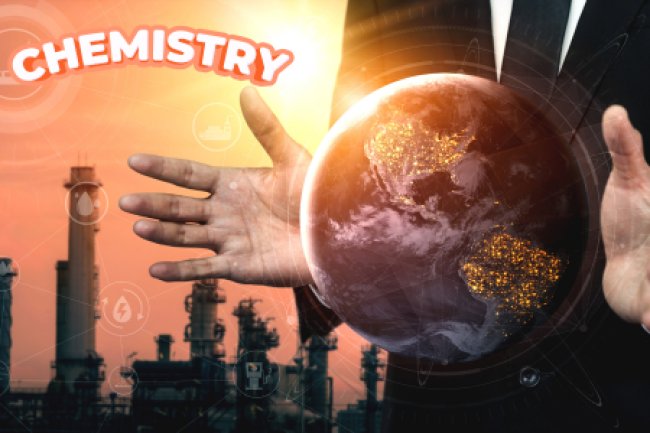Net-Zero by Design: The Chemical Industry’s Role in Climate Solutions
Discover how the chemical industry is driving climate action through innovation, sustainable practices, and net-zero strategies. Read the latest insights on decarbonization and green technology at eChem Network.

Net-Zero by Design: The Chemical Industry’s Role in Climate Solutions
As the world intensifies efforts to tackle climate change, the chemical industry stands at a pivotal crossroads. Traditionally associated with energy-intensive processes and carbon-heavy outputs, this sector is undergoing a fundamental transformation. By reimagining production methods and integrating sustainability at every level, the chemical industry is emerging as a key driver in the global movement toward a net-zero future.
Rethinking the Foundation
At its core, the chemical industry is indispensable. From agriculture to healthcare and transportation to electronics, its products shape modern life. However, the sector also accounts for a significant share of global greenhouse gas emissions. Addressing this duality requires not just incremental improvements, but a fundamental rethinking of how chemicals are designed, produced, and disposed of.
Modern approaches are shifting from fossil-based feedstocks to renewable and circular sources. Bio-based materials, waste reuse, and carbon capture technologies are forming the foundation of a new low-carbon paradigm. By redesigning products with their end-of-life in mind, manufacturers are moving closer to closed-loop systems where waste becomes a resource.
Embracing Digital and AI-Powered Innovation
Digitalization is proving to be a game-changer. Advanced simulation models, powered by artificial intelligence, are helping scientists design molecules and reactions with minimal environmental impact. Virtual labs allow for thousands of experiments to be run digitally, reducing the need for resource-intensive trials.
AI is also transforming lab workflows. Robots now handle routine tasks such as sample preparation and quality testing, enabling human researchers to focus on creative problem-solving. This acceleration in research and development is helping bring greener solutions to market faster and more efficiently.
Electrification and Green Energy Integration
Another major shift lies in the electrification of chemical processes. Traditionally reliant on high-temperature combustion, many operations are now being re-engineered to run on renewable electricity. Electrochemical synthesis, for example, is gaining ground as a cleaner alternative to conventional thermal reactions.
Integrating green energy into industrial sites—via on-site solar, wind, or clean hydrogen—is helping reduce the sector’s carbon footprint. Beyond reducing emissions, these changes also future-proof operations against volatile fossil fuel markets and tightening environmental regulations.
Sustainable Supply Chains and Circular Design
Supply chain sustainability is becoming just as important as internal operations. Chemical manufacturers are increasingly collaborating across industries to develop materials that are recyclable, biodegradable, or designed for disassembly. In doing so, they are supporting the development of a circular economy where value is retained across multiple life cycles.
Life cycle assessments are now routine in product development, ensuring that sustainability isn’t an afterthought but a guiding principle from design to disposal. This shift not only reduces environmental harm but also builds resilience and efficiency into supply networks.
The Road Ahead
Reaching net-zero in the chemical industry will require more than new technology—it will demand bold leadership, clear policies, and deep collaboration across the value chain. It’s a monumental challenge, but one that aligns environmental responsibility with long-term economic viability.
By embedding sustainability into its very design, the chemical industry is proving that climate solutions can go hand in hand with innovation. This transformation isn’t just beneficial—it’s essential for a cleaner, more resilient future.
Meta Keywords:
chemical industry climate solutions, net-zero chemicals, sustainable chemical manufacturing, green chemistry, decarbonization in pharma, climate action chemicals, ESG chemical sector, clean energy chemicals, carbon neutral pharma, climate change solutions industry
What's Your Reaction?


















